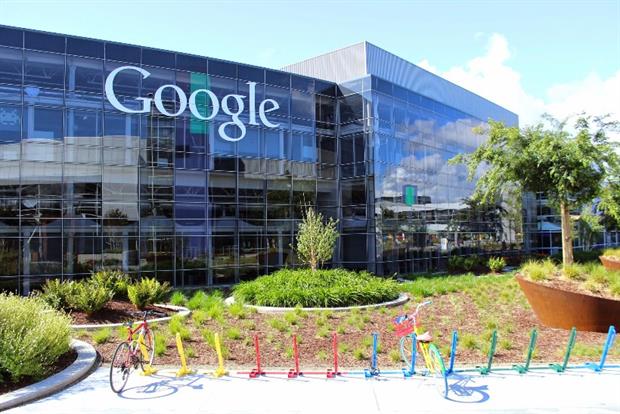Google to Alphabet: smart move but not radical at all
Aug 12, 2015

The move from Google to Alphabet is far from radical; it’s well trodden as a business model by FMCG giants like P&G and Unilever, argues Justin Basini, co-founder and CEO at ClearScore.
The blog post announcing the rebranding of the Google into Alphabet this morning has taken everyone a bit by surprise. The markets have generally reacted positively with a 5% rise in the stock with the normal commentary both good and bad. We should admire Larry, Sergey and Eric that for once, in our world of obsessive management of investor expectations they have actually managed to steal a march on the millions of eyes watching Google.
Tradtional and well proven model
Many commentators have hailed this as a "radical" restructure adopting a model akin to Berkshire Hathaway. However, from a brand management perspective the move is treading a traditional and well proven model. With the creation of a holding company called Alphabet they are starting to look more like a Procter & Gamble or Unilever: that is a holding company with a wide portfolio of businesses and brand assets. The manifest benefits of this approach that has served the packaged good behemoths for over 100 years will deliver undoubted benefit to Google going forward.
There are consumer benefits. Nobody likes companies that are too powerful. Witness the fall of Tesco as it sought to become ubiquitous and got out of control. Imagine if the brands we buy from P&G were not Ariel, Fairy, Pantene, Pampers, Gilette, Max Factor, Oral-B, Duracell, Lenor, Clearblue, Vicks but all of them called Procter & Gamble? We would start to freak out that one company could be so pervasive and dominant in our lives. As Google has broadened their offerings from search to email, to office apps, to mobile phones, to laptops, to household control, to cars; all of these being linked very clearly to the Google name creates the same concerns and worries. Moving to a house of brands under Alphabet will help manage some of these risks and drive growth.
Privacy concerns will manifest at Alphabet
Next, whilst taking the brand benefit, the establishment of a central infrastructure for Alphabet with central management and resources will allow assets to be shared across the different businesses. It is in this sharing that I think the most concerns may arise. Collection and manipulation of data, often playing close to privacy concerns, is hard-wired into Google and will therefore manifest itself at Alphabet. The establishment of lots of different brands potentially may make it considerably harder for us to all understand where our data and information is going. If I use Google search is this going to be shared with my separately branded self-driving car or my central home control unit?
Google has struggled with transparency
Brand trust is built through transparency and openness. Google has struggled with this in the past and many people don’t trust the brand. This potentially becomes much more complex in a holding company structure. For perspective, the consumer packaged goods companies have wrestled with this as well. They know a huge amount about their consumers across different brands and have experimented with cross promotion by using this understanding at a holding brand level, exploring whether consumers want a direct relationship with the P&G or Unilever brand. Results have been very patchy – people tend to be more suspicious and wary, rather than welcoming. In our hearts we like products and brands that do one thing well, rather than interacting with huge mega-corporations that know rather too much about our habits for comfort.
Alphabet is an engineering company, not an ad business
The last reason why this strategic change shouldn’t surprise is that it is a natural fulfilment of the vision that Sergey Brin and Larry Page outlined 11 years ago when they founded the Google. They have always wanted Google to be an engineering company in the broadest sense. Google is now an information and advertising business. The move to establishing Alphabet allows them to build different competencies and leverage different structures to solve a broader set of problems. Given the astonishing rise of Google and the undoubted benefit that it has brought to the world and all of us in such a short space of time this could be really exciting.
I predict that the move to Alphabet will be successful and create value for shareholders, and hopefully the world. I’d also bet that Twitter will be an Alphabet company in the next 12 months!
One chart that explains Alphabet

Or like an image about Google's A to Z on Reddit:

Source: The Marketing Magazine